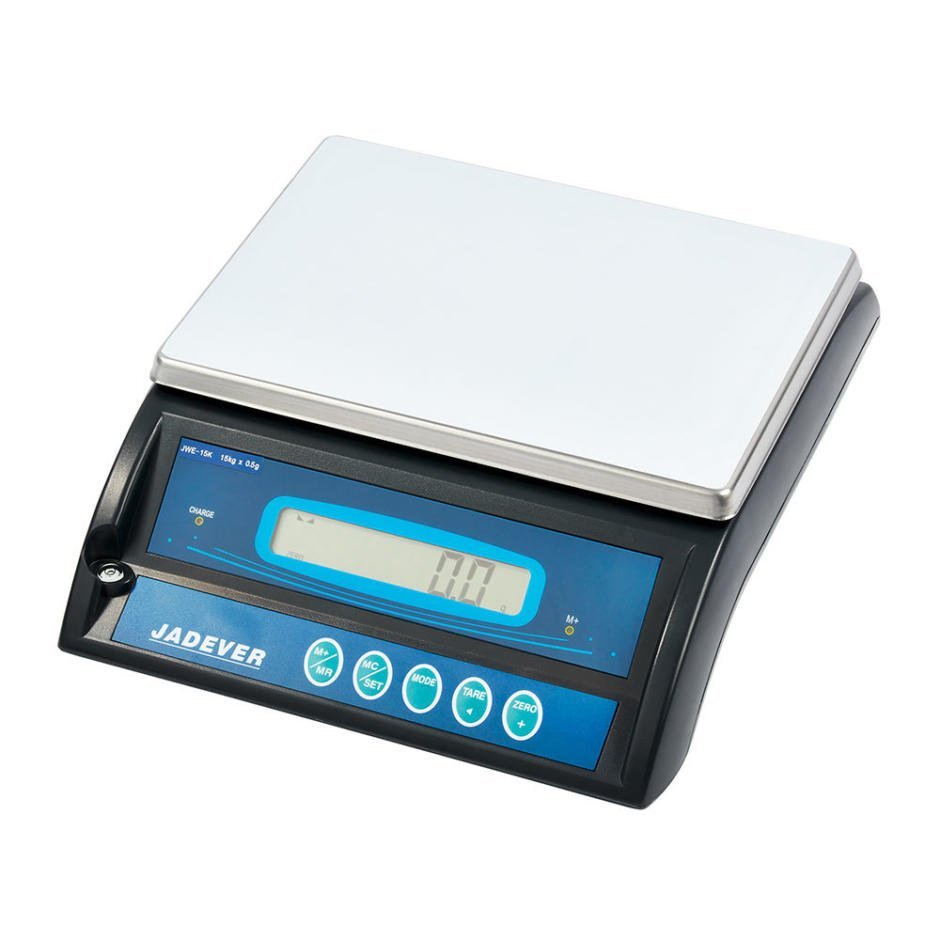When it comes to accurate and efficient weighing, a reliable bench scale is an essential tool.
Whether you’re in food processing, warehousing, retail or a laboratory, choosing the right bench scale allows you to operate more effectively.
We have decades of experience to share with you, so in this guide we’ll walk you through the key factors to consider when purchasing a bench scale.
What is a Bench Scale?
A bench scale, also referred to as a tabletop scale, is a weighing instrument designed for use on a worktop or workbench. It’s a versatile tool used across various industries for accurately weighing small items. Unlike floor scales, which are designed for heavier, bulkier loads, bench scales are typically used for smaller to medium-sized items.
Key Considerations When Shopping for Bench Scales
There are lots of different bench scales on the market, and the options can be overwhelming! Here are the key things to consider so you can make the right choice for your budget. If you need advice then get in touch, we’re happy to help.
1. Capacity and Readability
- Capacity: This refers to the maximum weight the scale can handle. Estimate the heaviest item you'll be weighing and choose a scale with a capacity that exceeds this, allowing for a safety margin.
- Readability (Resolution): This indicates the smallest increment the scale can measure. For example, a scale with a readability of 0.5g will provide more precise measurements than one with 1g readability.
2. Platform Size and Material
- Platform Size: The platform should be large enough to accommodate the items you'll be weighing comfortably. It might seem an insignificant consideration, but you don't want to be balancing items precariously just to get a reading!
- Material: Stainless steel is required for certain environments, such as food processing, due to its durability and hygiene. For industrial settings, robust materials like mild steel or cast iron are more suitable.
3. Calibration and Legalities
- Calibration: Regular calibration is essential to maintain accuracy. Check if the scale offers easy calibration options.
- Legal for Trade: If you're using the scale for commercial transactions where weight determines price, it must be "legal for trade" and comply with UK weights and measures regulations.
4. Features and Functionality
- Tare Function: This allows you to zero the scale with a container on it, so you only weigh the contents.
- Units of Measurement: Ensure the scale offers the units you need (grams, kilograms, pounds, ounces, etc.).
- Connectivity: Some scales offer connectivity options like USB or RS-232 for data transfer to computers or printers.
- Display: A clear and easy-to-read display is essential, especially in busy environments. Backlit displays are useful in low-light conditions.
- IP Ratings: If the scale will be used in a dusty or wet environment, check its IP (Ingress Protection) rating.
5. Durability and Longevity
- Overload Protection: This feature protects the scale from damage if it's accidentally overloaded.
- Warranty and Support: Check the manufacturer's warranty and these will vary between brands.
Where to Buy Bench Scales
You’re in the right place! At Quality Scales we offer a wide range of bench scales, and we're on hand to provide expert advice and after-sales support.
Look for the balance between price and the features you need to get the best bench scale for your budget.
By putting in a little research, you can ensure you buy a bench scale that will be a valuable and long lasting tool for your business.
Take a look at the range of bench scales we have available for delivery right now.
